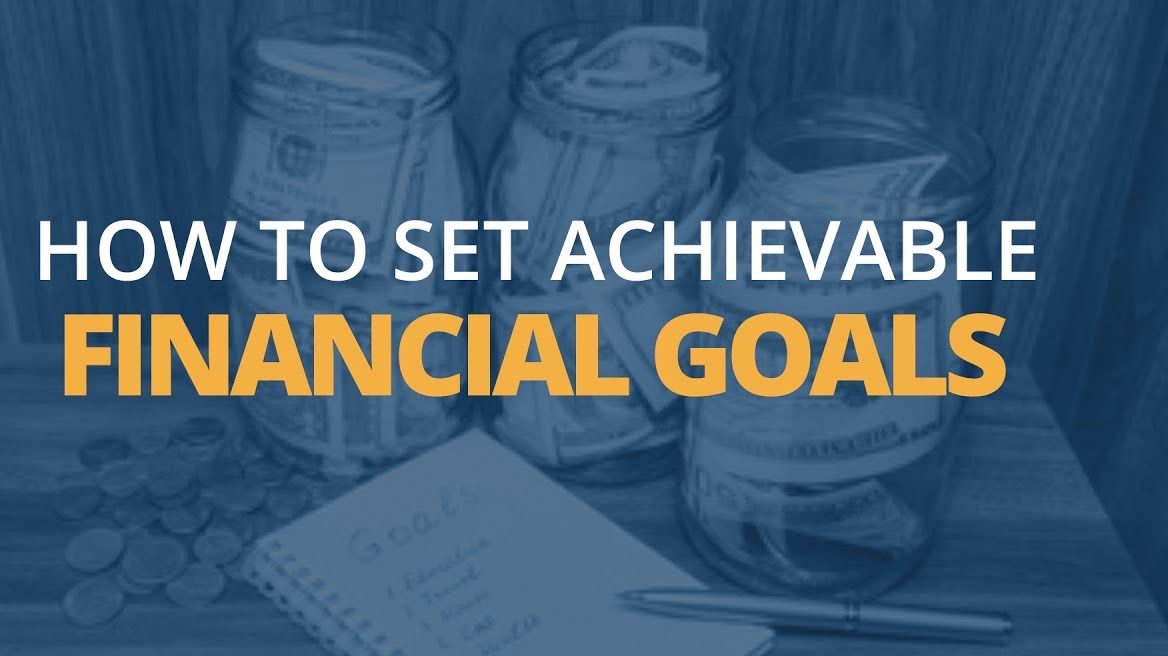A goal without a plan is just a desire. That is why setting financial goals and creating investment plans for the future is important, otherwise, a goal just remains that, a goal with no chance of materializing in the future.
If you’ve never set a financial goal before, some of the basic things you need to look for are duration, purpose, and amount. For example, I want to make X amount by Y date in order to purchase Z.
Write your goal down
When you put pen to paper and write it down, you’re more likely to be committed to the goal. Stick it somewhere obvious once you have, as seeing it will often keep you focused.
Make it specific and measurable
Write the amount needed to settle that student loan or to buy your first car. Next, make it measurable by figuring out your budget and how much and how long it would take to meet that goal.
Build an emergency fund
Life is unpredictable. Be prepared for money problems and save up. Expenses often appear out of the blue; medical bills, car repairs, family obligations and the like. This is when an emergency fund is going to come in handy. A good aim is to have at least three to six months of emergency funds.
Strive to get out of debt
Pay off all your loans as soon as you can, whether it’s a hire-purchase car, student, or housing loan or even personal loans that were needed earlier. It is always easier to build a future with money once you’ve settled past debts.
Retirement fund
Very often people think it’s premature to think about a retirement fund, especially when you’re young because you have so much time to work and earn, it just doesn’t seem important.
But again life happens, and anything can occur; poor health, losing your job just a few years too soon or any other variable that might mean having to retire a little earlier than planned and even if you don’t, it’s never too early to start saving for your retirement fund.
Spend less and save more
Set a strong intention that you are going to do this no matter what. Look for good deals, find discounts, use coupons, pay cash and be vigilant about how much goes out every month.
Plan your grocery shopping and meals ahead so that you still get to splurge on what you like by putting aside some money for entertainment and luxury items once in a while.
Why do you need to do all this in the first place? Simply put, it will change how you view money. You will start to see how every decision you make impacts your overall financial health.
A simple example would be buying gourmet coffee every day because you think you deserve a treat, factor in the cost of that over the week or over a month, and you’ll see that perhaps the money could have been put to better use elsewhere or contribute to more savings.
So for example, if you saved $100 a month as “coffee” savings and invested it every month, the sum could grow to a whole lot more thanks to the power of compounding interest.
Think about now taking that investment amount and re-investing it for another 10 to 20 years, and you will see that it’s not all about how much you earn, but how much you save and invest at the end of the day.
So it’s important to remember to have some fun with your money but ultimately bear in mind that how you spend your money today will significantly impact your future.
The post How to set financial goals and keep them appeared first on The Independent News.

